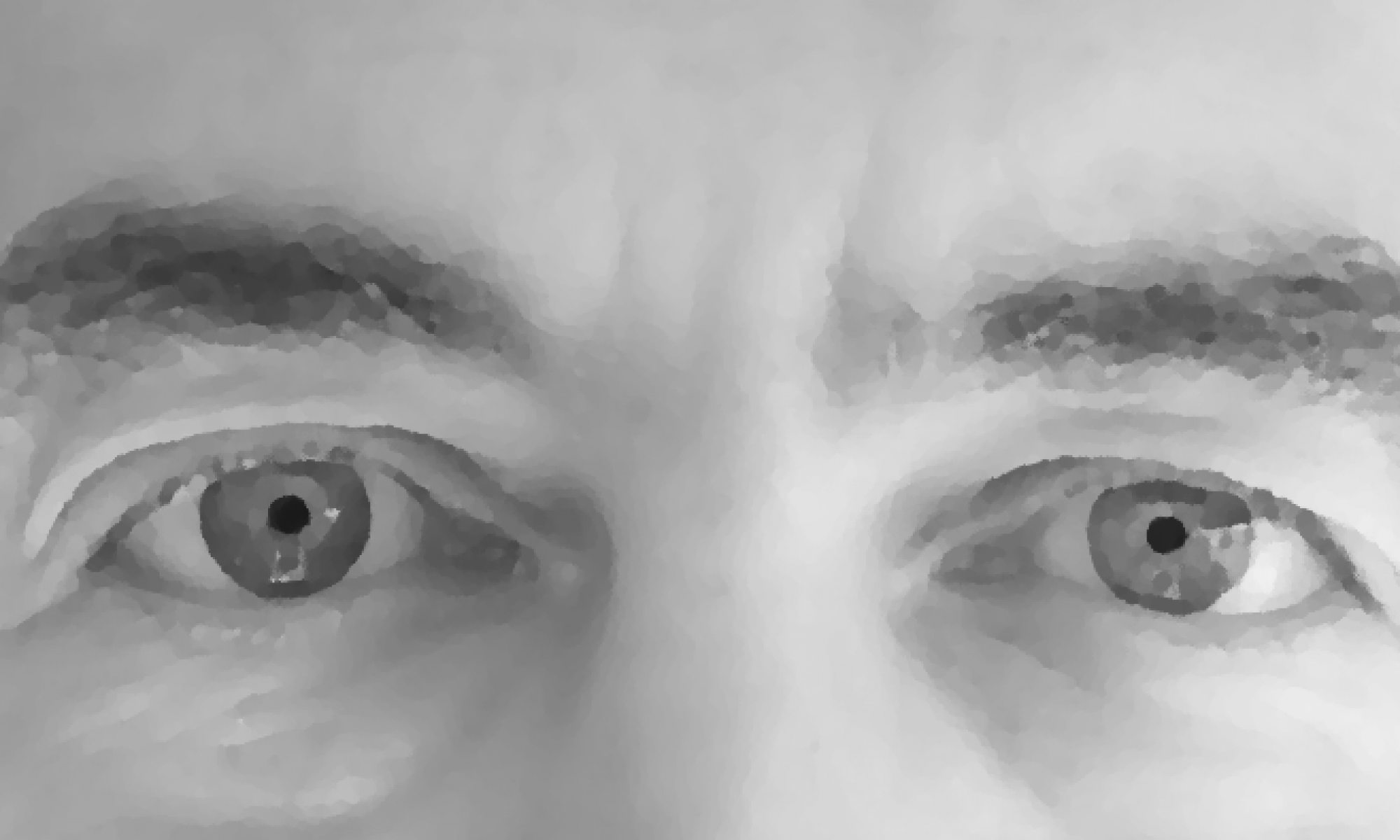The lawsuits brought against the media monitoring firm Meltwater in both the US and the UK have not turned out too well for the company so far. In the US, the district court handed down a summary judgment against Meltwater, while in the UK, two courts came to a particularly worrying conclusion: that simply viewing copyright material online without a license amounted to infringement.
Fortunately, this judgment was appealed to the UK Supreme Court, which has just published its ruling. The judges recognized that the central issue is whether the temporary copies held on a computer in its memory cache, which are necessary to view a document stored on the Web, are covered by a clause in UK and European law that exempts temporary copies from needing a license provided certain conditions are met. In the judges’ view, copies held purely for browsing were indeed covered, provided they were not saved or printed out. Here’s why that is crucial:
if it is an infringement merely to view copyright material, without downloading or printing out, then those who browse the internet are likely unintentionally to incur civil liability, at least in principle, by merely coming upon a web-page containing copyright material in the course of browsing. This seems an unacceptable result, which would make infringers of many millions of ordinary users of the internet across the EU who use browsers and search engines for private as well as commercial purposes.
That’s obviously just common sense — sadly, a rare commodity when it comes to copyright in the online world. However, the UK Supreme Court has asked the European Court of Justice to offer its own, definitive, ruling so as to settle the law for the whole of Europe. As the judge writing the verdict noted:
I recognise the issue has a transnational dimension and that the application of copyright law to internet use has important implications for many millions of people across the EU making use of what has become a basic technical facility. These considerations make it desirable that any decision on the point should be referred to the Court of Justice for a preliminary ruling, so that the critical point may be resolved in a manner which will apply uniformly across the European Union.
Of course, the legal status of temporary copies is a crucial question elsewhere, too. For example, in her speech at Columbia University back in March, Copyright Register Maria Pallante spoke of “the confusion over incidental copies”, which needed sorting out. More worryingly, one relatively recent leak of the TPP draft seemed to indicate that it would require all temporary copies to be regulated. The fact that we are still having this discussion about a technological necessity some twenty years after the Web was invented, shows just how out of touch with modern reality copyright law remains.
Follow me @glynmoody on Twitter or identi.ca, and on Google+
Permalink | Comments | Email This Story
